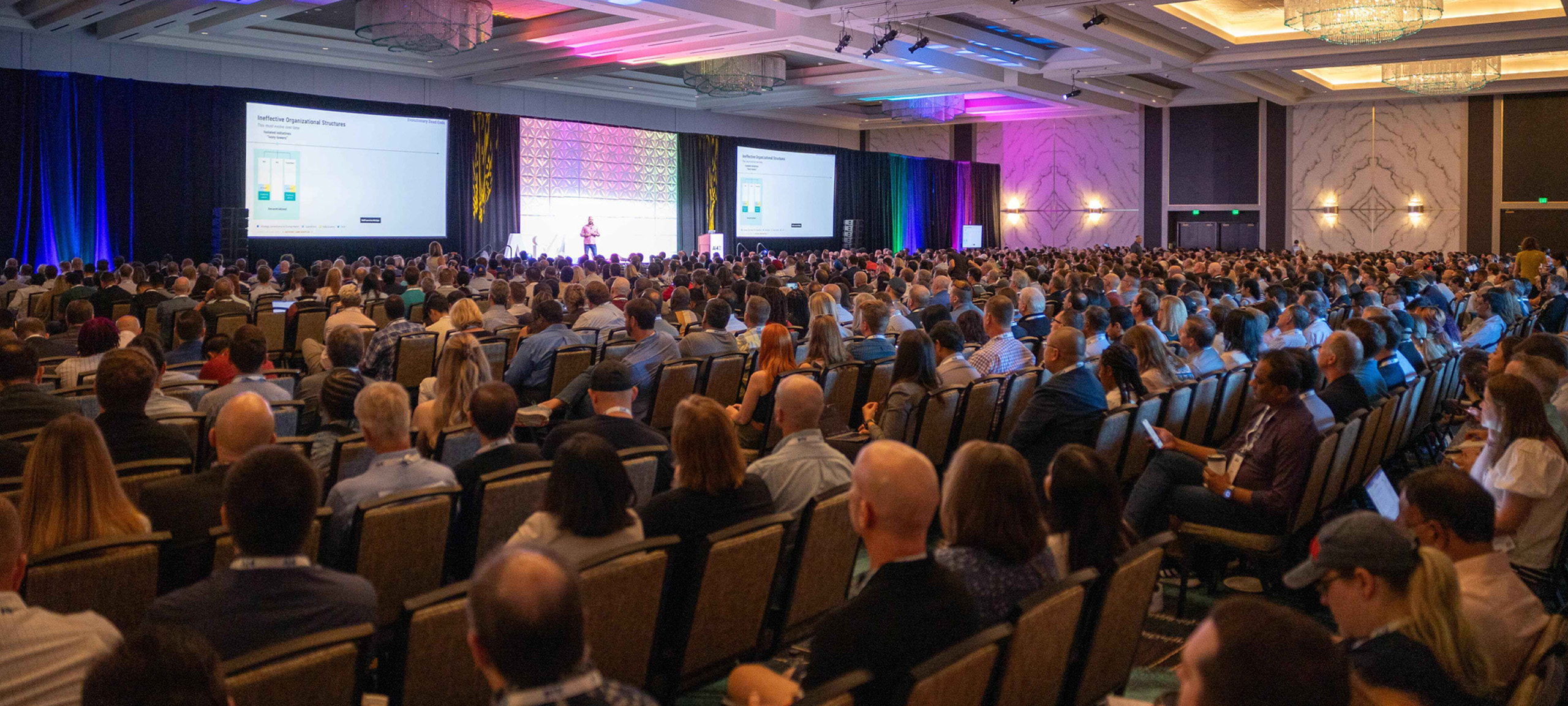 BACK
BACK
The Top Use Cases of AI in Hospitals
By Ai4June 05, 2020
Christopher Hutchins, Northwell Health System: I see a question with regard to significant AI use cases and how we'll be able to predict things in the future using AI capabilities. I think from a real life scenario that we’re dealing with right now is how AI and machine learning might help to alert us that there are things to pay attention to with regard to a resurgence of COVID-19.
One thing I will say from the medical professionals I'm hearing from at the moment, there is so much that we don't know around how this disease progresses and morphs. It's hard to understand how we’ll be able to leverage this technology in meaningful ways at the moment that we're in right now. It doesn't mean that there aren't any - I'm sure the trick will be looking at what are the indicators that we can prove are really meaningful and early enough that we can be proactive on some level than how this hit us where overnight we're in crisis mode. Any thoughts around that it's really starting to think about? We should start to think about some of these cases as well.
Michelle Stansbury, Houston Methodist: Yeah, I agree with you Chris. It's probably the hundred dollar question. How can we better utilize the data that we have today to better understand how we can predict when something like this can happen? I do think using all the data that we're going to have that has come out of this pandemic to better help us is crucial. I will tell you at Houston Methodist, the use case that we had where it was beneficial was our virtual ICU that we had stood up. We had planned to roll it out in a two-year fashion across all of our institutions.
The platform that we chose was extremely beneficial. One, it was the algorithms associated within the platform that we helped with development overall with the organization to help us better determine the deterioration of these patients. Then also, the virtual aspect of it. It was able for our hospilus and some of our physicians not to have to go into these rooms to really take a look and see what was going on with these patients.
It takes time to get on up and takes time to be able to put in all the PPE and sometimes you just need to be able to get to the data and look at the patient and see what's going on. But in the future I would say, for us at Houston Methodist, we had been working and we had actually tried with one vendor on a product for ED search and trying to determine when the surges were going to be coming into the ED, which I think is going to be very prevalent going forward and seeing what's happening with some of these patients.
So, one product that we have didn’t do so well, we learned a lot from that product and have a different product that we are installing. We'll be bringing it up here probably within the next couple of months and that hopefully will help if during the fall, which I know we're all hoping that we're not going to see another spike in anything, but you never know. I do believe with the data and ED search prediction and some of the other data that we're going to have coming out of this will be able to help us in the future.
Tawyna Infantino, CommonSpirit Health: Another non-COVID related, so not as sexy of a use case, but very much a problem in the healthcare industry are no shows. So when you think about other industries like travel, you have your airlines that double-book quite often based on technology so that they can predict no shows. They assume they're probably going to have so many cancellations so their flights are still full. You can employ that same model in the clinic setting, which is what we've done and we piloted it just primarily in Arizona and with a very small pilot, we were already looking at 500K annually in savings because we were able to double book and keep those schedules full. And that was a very small pilot, so when you think about it, you've got a 10 million dollar problem and no shows. In just one use case that was very small, it was able to make a half a million dollar impact.
As you look at doing that across our organization when you're looking to run a tight business, healthcare is a business as well as it is taking care of people. Healthy people are better off for all of us, but when they do have to come into the clinics, making sure that those schedules are full is incredibly important. So that's something that we tested out. We're looking to expand that and this upcoming year, but it's really important to try those use cases. Start small and see what kind of impact you make and then build on those as you see that they are working. Michelle, that was a great example. Hey, sometimes it doesn't work, but sometimes it really does and you have to zero in on those very quickly without getting too difficult and complicated like Sri was talking about earlier is incredibly important so experiment a little bit.
Learn more and watch the full video on YouTube: https://www.youtube.com/watch?v=e6s1TS0aiQ8&t
Recent Posts

Highlights from 2023: Notable Advancements in AI
As we delve into 2024, it’s an opportune moment to reflect on the dynamic landscape...
By Daniel LacklandApril 26, 2024

Top AI Conferences of 2024
By Jessica GallagherApril 17, 2024

Developing Computer Vision Applications in Data Scarce Environments
Introduction In today’s digital era, computer vision stands as a transformative technology, driving innovations across...
By Sumedh DatarDecember 12, 2023